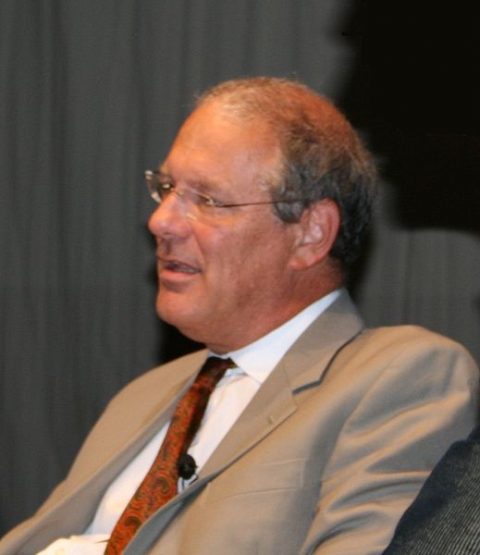It’s kind of subtle, but I don’t think he’s a fan of the writer or his work:
No opinion is worth expressing that is not also worth contradicting (except, perhaps, this one); nevertheless, clichés have their attraction. They are the teddy-bears of the mind, or, to change the metaphor slightly, the mental lifebuoys we cling to in times of stormy intellectual or political weather. They are the sovereign remedy for thought, which is always a rather painful activity.
“Can’t you stop me thinking, doctor?” asked some of my patients in the prison in which I worked, in the hope of a prescription of pills that would make them feel fuzzy and incapable of coherent mentation. For those who prefer a less drastic or non-pharmacological solution to the discomforts wrought by the contemplation of the world and their part in it, there are pseudo-thoughts with comforting connotations of wisdom, generosity, goodness, kindness, benevolence, etc. They are the kind of people, I suppose, who might think that Kahil Gibran’s kitsch vapourings are profound.
They would no doubt like Nicolas Hulot’s 100 Principles for a New World, published on 7 May in Le Monde. Hulot, an ecological activist, television personality and journalist once specialising in motorcycle racing, was M. Macron’s Minister for the Ecological and Solidary Transition (by their job titles shall ye know them) until he resigned with maximal noise in August 2018, having held the post for 15 months.
I confess that I was shocked by the banality of the mind, or alternatively the cynicism, of the person who could have written and published a manifesto such as Hulot’s – to say nothing of the astonishing lack of judgment of a respectable newspaper in publishing it. The last time that I was shocked so much by a politician’s vacuity was when I heard another Nicolas, Sarkozy this time, give a speech in person. He was like a dried pea rattling about and shaken in a tin box. He jumped around the stage making a passionate verbal noise, but nothing he said had any discernible tether to anything concrete. Within seconds of his finishing, no one could have given any account of what he had said. Is mastery of this kind of meaningless verbalisation, eloquently empty and passionately delivered, the key to political success? And if so what does it say of us, the citizens of democracies?
But to return to Hulot and his Hundred Principles. They each started “The time has come to…” or “The time has come for…”, followed by a cliché, a truism, or a banal falsehood, all expressed with a self-satisfaction that would have made Mr Pecksniff seem like a self-doubter.




